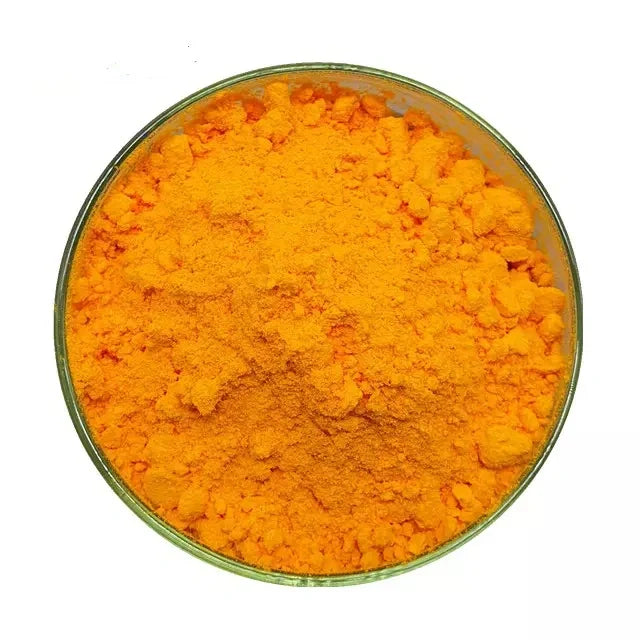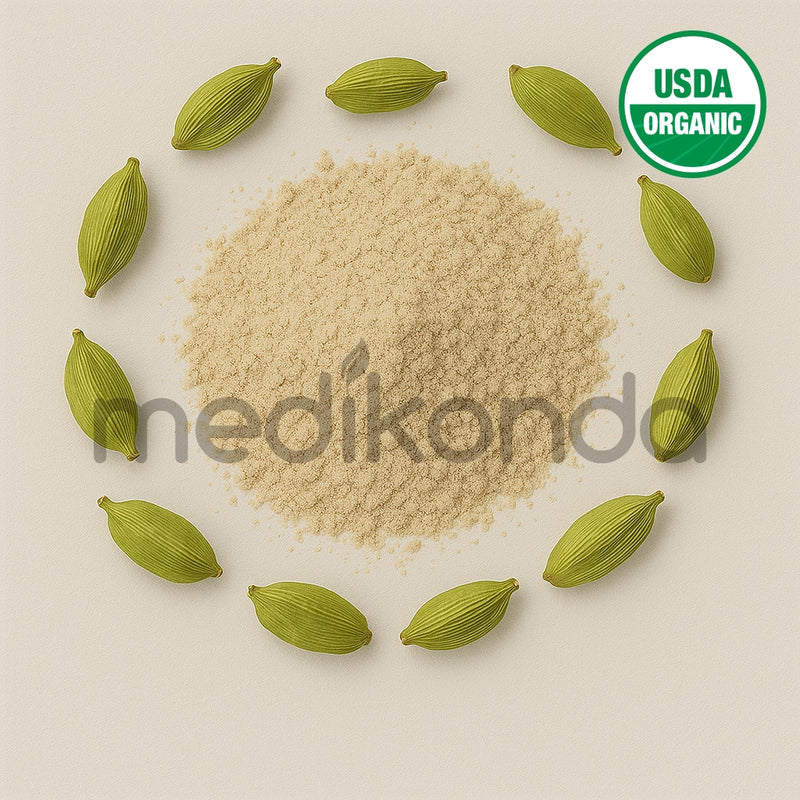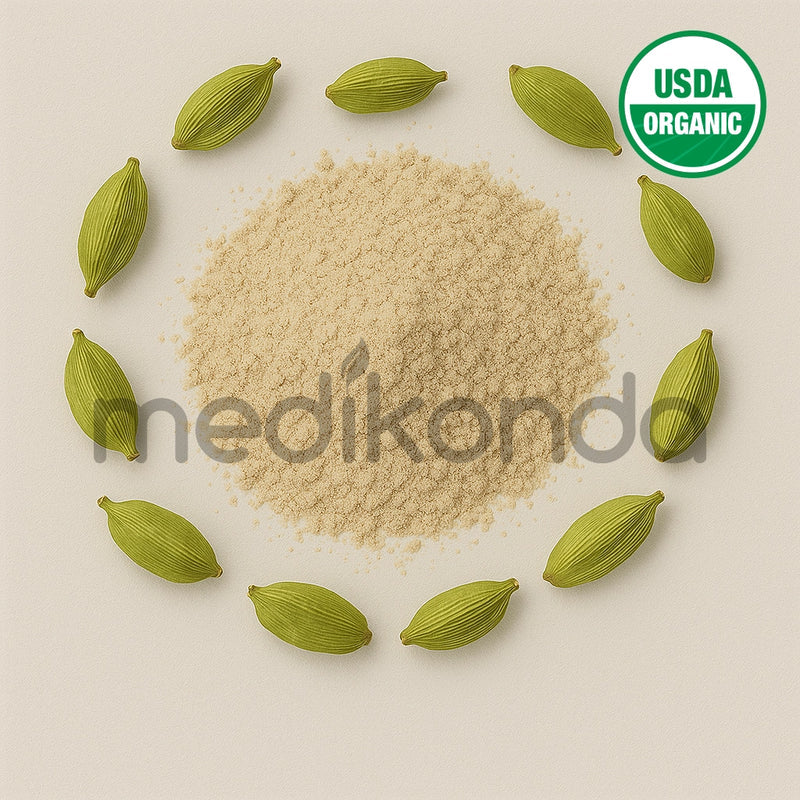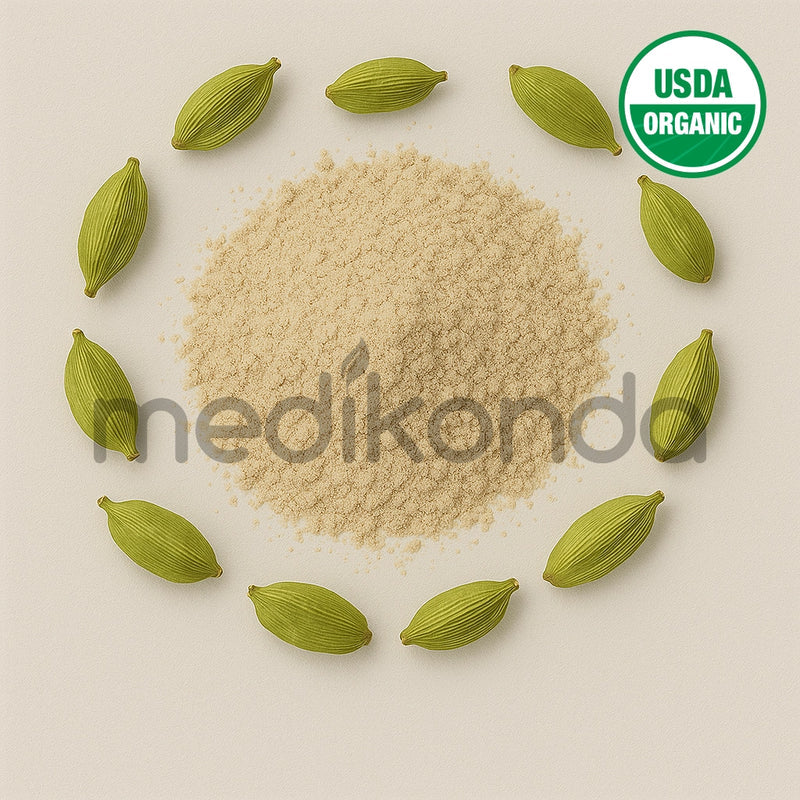Add description, images, menus and links to your mega menu
A column with no settings can be used as a spacer
Link to your collections, sales and even external links
Add up to five columns
Add description, images, menus and links to your mega menu
A column with no settings can be used as a spacer
Link to your collections, sales and even external links
Add up to five columns
LOOKING FOR BULK INGREDIENTS PRICING?
GET INSTANT QUOTEwhat ingredient are you looking for?

Benefits of Coenzyme Q10 - Wholesale B2B Bulk Suppliers in Australia and New Zealand
Coenzyme Q10 (CoQ10): The Cellular Powerhouse for Heart, Energy, and Anti-Aging
What is Coenzyme Q10?
Coenzyme Q10 (CoQ10), also known as ubiquinone, is a vitamin-like compound naturally found in every cell of the human body. It plays a critical role in the production of cellular energy within the mitochondria—the powerhouses of the cell. CoQ10 also functions as a potent antioxidant, protecting cells from oxidative damage.
As we age, or due to certain health conditions, our natural levels of CoQ10 decline, making supplementation increasingly important for overall health, especially for heart health, energy metabolism, and cellular repair.
Natural Sources of CoQ10
CoQ10 is found in small amounts in various foods, including:
-
Fatty fish (like salmon and tuna)
-
Organ meats (heart, liver, kidney)
-
Whole grains
-
Spinach and broccoli
However, food sources typically provide only low levels, and supplementation is often needed for therapeutic benefits.
Key Health Benefits of CoQ10
1. Supports Heart Health
CoQ10 is essential for the optimal functioning of the heart, which has one of the highest energy demands of all organs. It helps:
-
Improve circulation and oxygen use
-
Support recovery after heart surgeries
-
Lower blood pressure
-
Reduce symptoms of congestive heart failure
-
Protect against oxidative damage in cardiovascular tissues
2. Boosts Cellular Energy
CoQ10 is vital for producing adenosine triphosphate (ATP), the molecule that delivers energy to every cell. Supplementation may reduce fatigue and improve endurance in:
-
Athletes
-
People with chronic fatigue
-
Older adults with declining energy
3. Acts as a Powerful Antioxidant
CoQ10 helps combat free radical damage, protecting the body against:
-
Premature aging
-
Inflammatory diseases
-
Cellular degradation
It also regenerates other antioxidants like vitamin E, amplifying its protective effects.
4. Supports Brain and Cognitive Health
By improving mitochondrial function and reducing oxidative stress, CoQ10 may help:
-
Enhance memory and focus
-
Protect neurons from age-related damage
-
Slow progression in neurodegenerative diseases like Parkinson’s and Alzheimer’s
5. Enhances Fertility
In both men and women, CoQ10 plays a role in reproductive health:
-
Improves sperm quality and motility
-
Enhances egg quality by supporting mitochondrial function in the ovaries
6. Supports Skin Health and Anti-Aging
Topical and oral CoQ10 can help reduce the appearance of wrinkles and fine lines by:
-
Energizing skin cells
-
Reducing oxidative stress
-
Promoting collagen production
Forms of CoQ10: Ubiquinone vs. Ubiquinol
-
Ubiquinone: The oxidized form, commonly found in supplements.
-
Ubiquinol: The reduced, more bioavailable form that the body uses directly.
Ubiquinol is often preferred for older adults or those with health conditions that may impair conversion.
Dosage and Supplementation
Typical doses range from 100 mg to 300 mg daily, depending on the health goal. For therapeutic uses (e.g., heart failure or neurological support), doses can be higher under medical supervision.
CoQ10 is fat-soluble, so it is best taken with a meal containing healthy fats to improve absorption.
Is CoQ10 Safe?
Coenzyme Q10 is well-tolerated and safe for most people. Side effects are rare but may include:
-
Mild digestive upset
-
Headache
-
Insomnia (in rare cases if taken late in the day)
Those on blood thinners or cholesterol-lowering statins should consult their doctor, as CoQ10 can interact with these medications.
Final Thoughts
Coenzyme Q10 is a cornerstone of cellular energy, cardiovascular health, and antioxidant defense. Whether you're seeking more energy, better heart function, improved brain performance, or a youthful glow, CoQ10 offers powerful support from the inside out. Given its excellent safety profile and extensive benefits, CoQ10 is a smart addition to nearly any wellness regimen—especially as we age.
For bulk orders and inquiries, visit Medikonda Nutrients - Coenzyme Q10
Medikonda Nutrients is the Largest Manufacturer, B2B Bulk Wholesale Supplier of Coenzyme Q10 in Australia and New Zealand.
Also in Medikonda: Health & Wellness
SUBSCRIBE NOW ...
Don't miss to get latest updates on sales, new releases and promotions




